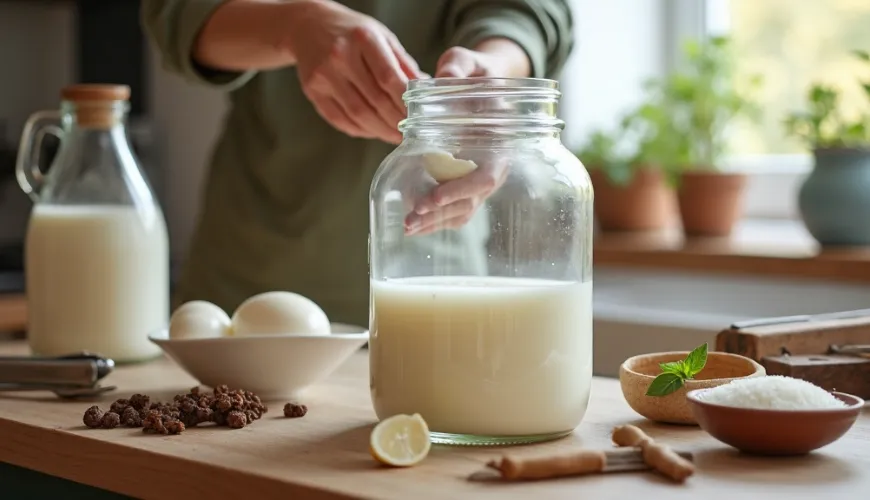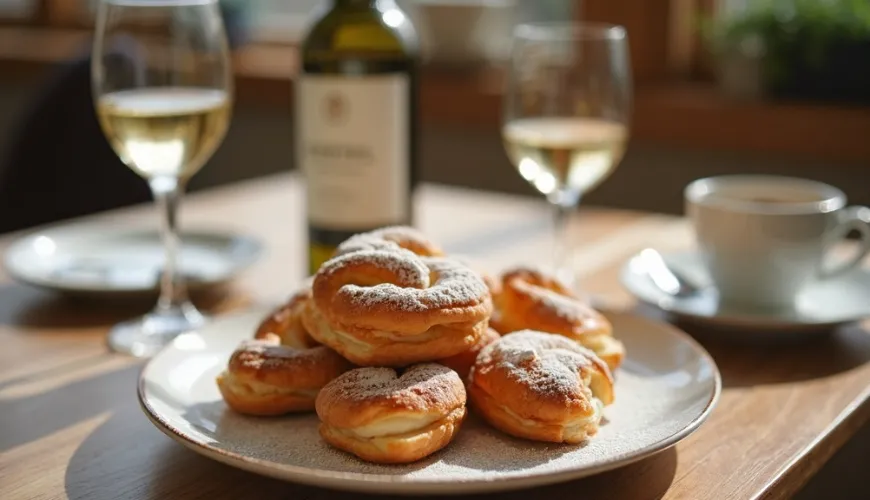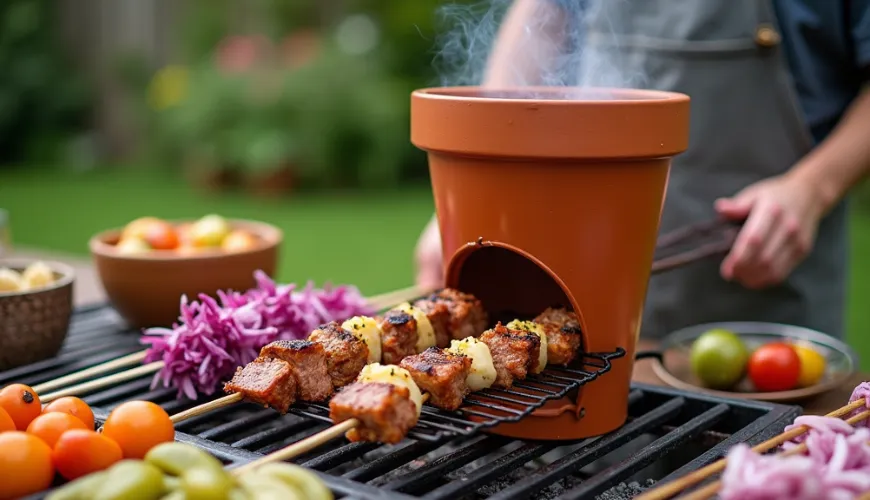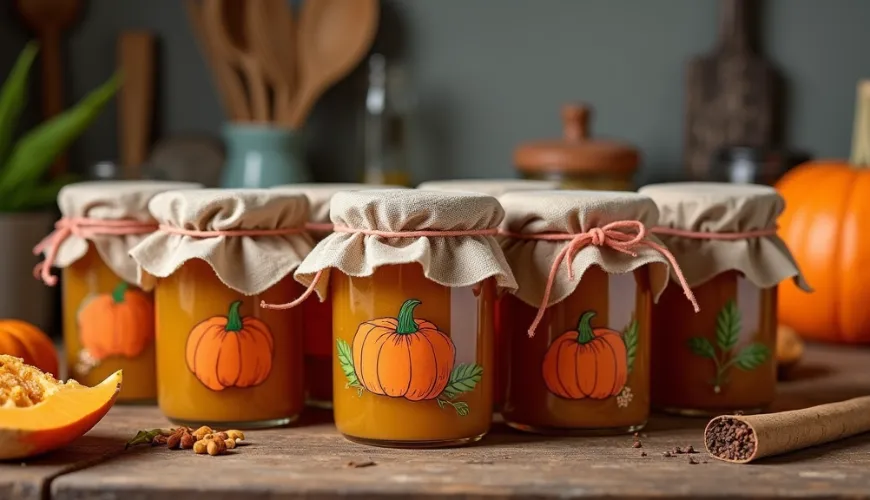
How to Easily Prepare Palmiers at Home in a Few Minutes

French cuisine is renowned worldwide for its delicate flavors, elegance, and thoughtfulness. Among its sweet and savory treasures are the seemingly unassuming, yet immensely popular puff pastry cookies known as palmiers, also referred to as "elephant ears" or "French palms." These flaky, buttery treats have won the hearts of gourmets not only in France but around the globe. And what's the best part? You can make them at home in just a few dozen minutes—with minimal ingredients and maximum pleasure.
What are palmiers and where do they originate from?
Originally a French specialty, palmiers (pronounced palm-yay) are delicate cookies made from puff pastry, rolled from both sides into a heart or palm shape, then sliced and baked to a golden brown. Traditionally, they are served sweet, sprinkled with sugar that caramelizes during baking to create a crispy crust. However, there are also savory variations—such as cheese palmiers, filled with grated cheese, herbs, or olive paste, perfect as a delicious appetizer or wine accompaniment.
The name "palmiers" comes from the French word "palme," meaning palm. When you look at the shape of the cookie from above, it indeed resembles an open palm or palm leaf. In English-speaking countries, they are sometimes called "elephant ears" or "pig's ears," based on a shape that can resemble animal ears.
Why are palmiers so popular?
There are several reasons. First: simplicity. For a basic palmier recipe, you only need two ingredients—sugar and puff pastry. This simplicity has made them popular among home bakers looking for quick yet impressive desserts. Second: texture. The combination of buttery pastry, crunchy caramelized surface, and soft interior is truly addictive. Third: versatility. You can make them sweet or savory, add cinnamon, chocolate, vanilla, or cheese. The result is an elegant treat for any occasion.
Imagine unexpected friends come over. You have puff pastry in the fridge and sugar in the drawer. In 20 minutes, you have a pile of golden cookies on the table, smelling like a bakery in Provence. Add coffee or a glass of white wine, and you're the star.
Customer experiences - Les Palmiers reviews
Today, ready-made versions of these cookies are available on the market—one of the most well-known brands is Les Palmiers, offering authentic French palmiers in both sweet and savory varieties. Consumers often praise their crispness, even caramelization, and buttery taste. Online reviews feature descriptions like "just like fresh from a French bakery" or "perfect for afternoon coffee."
One review on a popular e-shop even states: "Les Palmiers are my guilty pleasure. Once I open them, I can't stop until the whole box is gone. The kids love them, and so do I. A win for everyone." Such an experience shows how easily these seemingly simple cookies can win over an entire family's heart.
It's no coincidence that Les Palmiers are staples in quality delicacy stores. Even at Ferwer, you'll find products that meet quality, taste, and sustainability requirements—many of which pair perfectly with palmiers.
How to bake palmiers at home?
If you're not afraid to get your hands dusty with flour, you can easily make palmiers at home. The basic sweet recipe is incredibly simple and quick. Here is a basic palmier recipe from puff pastry, which you can adjust to your taste:
Ingredients:
- 1 package of rolled puff pastry (preferably butter-based)
- 100 g granulated sugar
- optionally: cinnamon, vanilla sugar, lemon zest
Procedure:
- Preheat the oven to 200 °C.
- Sprinkle half of the sugar on the work surface and lay the puff pastry on it.
- Sprinkle the remaining sugar and optionally other ingredients (e.g., a pinch of cinnamon).
- Carefully roll out the dough so the sugar lightly presses into the surface.
- Roll the dough from both shorter sides towards the center to form a double roll.
- Use a sharp knife to cut slices about 1 cm thick and place them on a baking sheet lined with parchment paper.
- Bake for 12–15 minutes until golden brown. You can turn them halfway through baking for even caramelization.
The result is crispy, fragrant cookies that taste like they come from a Parisian patisserie. If you prefer savory versions, try cheese palmiers—cheesy palmiers.
Cheese palmiers - the perfect savory treat
Unlike the sweet versions, cheese palmiers incorporate grated hard cheese (often Parmesan, cheddar, or Gouda), herbs (e.g., thyme, rosemary, or chives), and sometimes a dash of mustard or olive paste. The result? Savory, cheesy cookies with a delicate texture, perfect with wine, beer, or as a stylish party snack.
For cheese palmiers, follow the same steps as for the sweet version, but instead of sugar, use a mixture of cheese and herbs. The baking time is the same, but the aroma is completely different—intense, savory, cheesy. They also pair well as a complement to vegetable soups, salads, or as an original replacement for classic savory breadsticks.
Palmiers and sustainable cooking
The charm of palmiers lies not only in their taste but also in the fact that they can be surprisingly eco-friendly desserts. If you use organic butter-based puff pastry, Fair Trade-certified sugar, and minimize waste (e.g., using leftover cheese or nuts), you have a delicacy that doesn't burden the planet. Combined with local ingredients, even such a simple recipe can be a step towards sustainable eating.
For example, a Czech brand producing organic butter-based puff pastry without palm oil offers a great alternative to regular supermarket dough. When you add fair trade cane sugar and herbs from your garden, you create homemade palmiers with a twist—tasty, simple, and mindful.
As the famous French chef Clotilde Dusoulier says: "Simplicity is not a lack—it's sophistication." And palmiers are the perfect example of this approach to cooking.
In conclusion, it's good to remember that whether you're making them sweet or savory, palmiers are not just a cookie. They are small works of art that combine tradition, creativity, and the joy of baking. Beauty lies in simplicity—and in every piece of palmier, there's a little piece of France.

